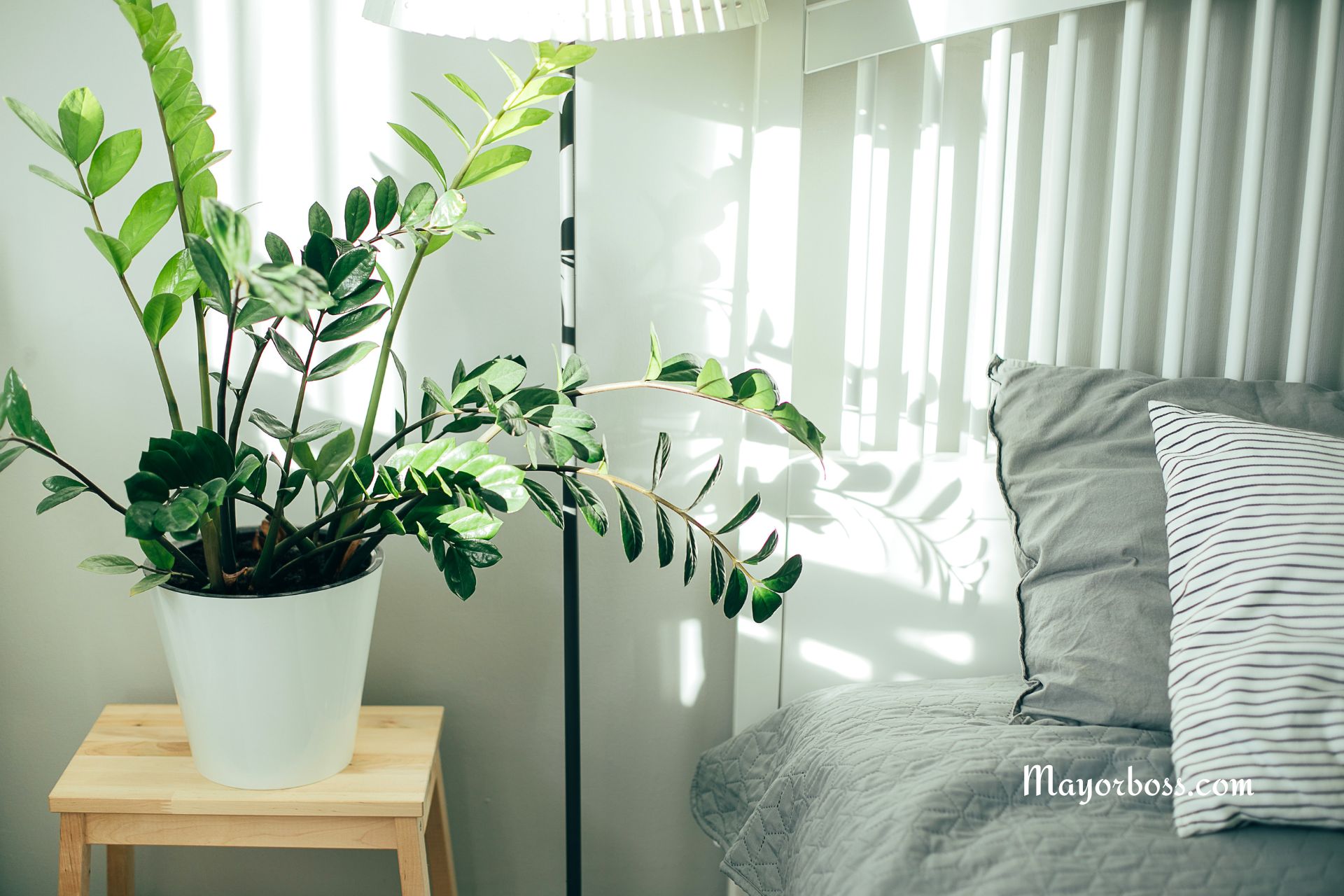You Should Have These Plants in Your Bedroom
Ever wondered why your bedroom doesn’t feel as refreshing as it could? The secret might just be in adding a touch of green! Yes, having plants in your bedroom isn’t just about aesthetics—they can significantly enhance your sleep quality and overall well-being. Surprisingly enough, several plants even purify the air while you sleep! So, what’s the best part? Here are some of the top plants you should consider for your bedroom and why they make such a big difference.

Why Bedroom Plants?
First things first, plants do more than just sit pretty. They actively improve air quality. During the day, plants commonly absorb carbon dioxide and release oxygen through photosynthesis. But get this: some plants continue to purify the air at night. This can improve air quality and help you sleep better. Additionally, plants can also increase humidity in your room, which can be beneficial during drier months.
Top Plants to Transform Your Bedroom
1. Aloe Vera
You’re out of luck if you think all plants take a break at night. Aloe Vera is one of the few plants that continue to produce oxygen even after the sun goes down. This makes it an excellent plant for your bedroom, helping to increase the oxygen level around you as you sleep. Plus, it’s incredibly easy to care for and can be useful for minor burns or skin irritations.
2. Lavender
Think about it: how often have you used products with lavender scents to relax? Lavender is famous for its soothing properties that lessen stress and anxiety, which can often lead to better sleep. Having a real lavender plant in your bedroom could help decrease your heart rate and blood pressure, paving the way for a peaceful night’s sleep.
3. Snake Plant
The Snake Plant, or Mother-in-Law’s Tongue, is nearly indestructible and perfect if you’re not exactly a green thumb. Remarkably, it filters indoor air pollutants like formaldehyde, trichloroethylene, and benzene. Just like Aloe Vera, it continues to produce oxygen during the night. If you’re looking for a tough, air-purifying plant that requires minimal care, this is the one for you.
4. English Ivy
Do allergies keep you up at night? English Ivy might be the solution. Studies have shown that this easy-to-grow vine can significantly reduce airborne mold and feces, which are common allergens, especially in humid environments. Keep it on a high shelf, or let it cascade down from a hanging basket.
5. Peace Lily
If dry air is your enemy, consider the Peace Lily. This plant adds a touch of elegance with its white blooms and lush green leaves while enhancing the humidity of your room by up to 5%. This can help relieve dry noses and throats that can disturb your sleep. It also purifies the air by absorbing mold spores and converting them into food for the plant.
Frequently Asked Questions
1. Can all plants improve air quality? Not all, but many do. Plants like the ones listed above are particularly effective at removing pollutants and enhancing air quality.
2. Are these plants easy to care for? Yes! Most of these plants require minimal maintenance. They are perfect for people who are not used to caring for plants or are often busy.
3. Where should I place my plants in the bedroom? It’s best to place plants where they can receive indirect sunlight and away from air conditioning or heating vents. This helps maintain their health and ensures they continue to purify the air effectively.
So, why not give it a try? Adding plants to your bedroom can be a simple yet effective way to enhance your sleep environment. Not only will it make your space more inviting, but the benefits for your health and well-being are well worth it. Get started and transform your bedroom into a serene and refreshing sanctuary!






